10 Futuristic Technologies Shaping 2030: Mind-Blowing Innovations of the Future
Futuristic Technologies | Mind-Blowing Innovations of the Future

The future is a canvas awaiting the brushstrokes of technological innovation, and as we march towards 2030, the landscape of possibilities is nothing short of astounding. Over the next decade, groundbreaking advancements in various fields are poised to revolutionize our daily lives, reshape industries, and propel humanity into an era of unprecedented possibilities. From artificial intelligence to space exploration, renewable energy to biotechnology, the world is on the cusp of a technological renaissance. In this article, we will explore ten futuristic technologies that are set to shape the year 2030 and beyond.
1. Quantum Computing: Unleashing Computing Power Beyond Imagination

Quantum computing stands at the frontier of computation, promising to revolutionize problem-solving on an unparalleled scale. Unlike classical computers that operate using bits, quantum computers utilize quantum bits or qubits. These qubits can exist in multiple states simultaneously, enabling quantum computers to perform incredibly complex calculations at lightning speed. The potential applications of quantum computing are vast, ranging from optimizing logistics and drug discovery to solving intricate cryptographic problems that would take classical computers eons to crack.
2. Artificial Intelligence and Machine Learning: Paving the Way for Super-Intelligent Systems
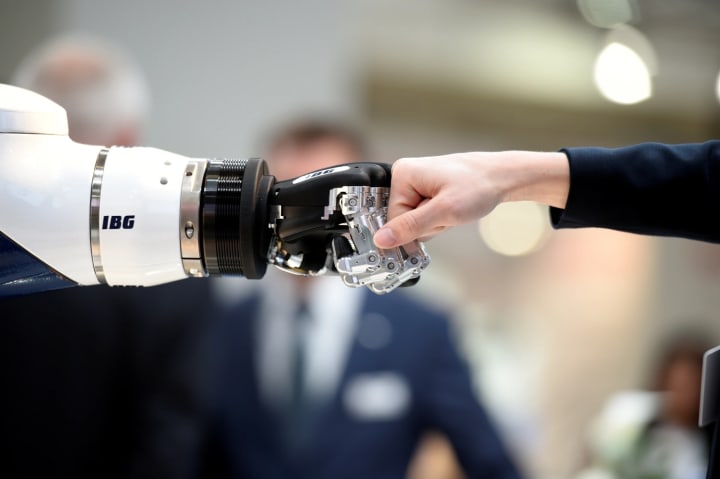
Artificial Intelligence (AI) and Machine Learning (ML) are no strangers to the technological landscape of the present, but their development is set to reach new heights in the coming decade. AI and ML are expected to infiltrate almost every aspect of our lives, from autonomous vehicles and smart homes to personalized healthcare and finance. The convergence of AI with other technologies will create super-intelligent systems capable of learning, reasoning, and adapting like never before, transforming industries and raising ethical questions about the extent of AI's influence on human society.
3. Space Exploration and Colonization: Humanity's Leap Towards the Stars
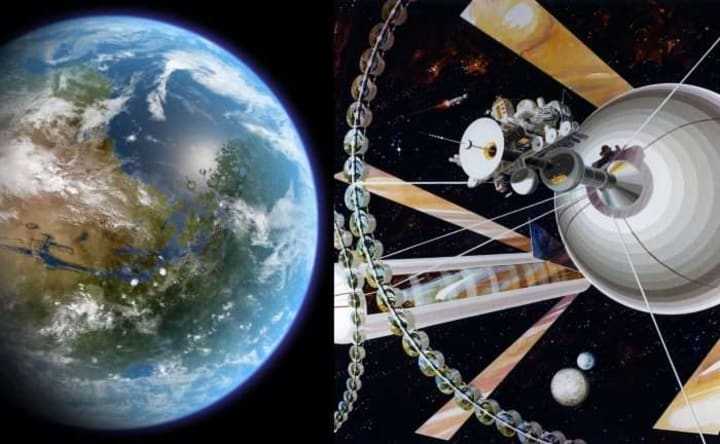
2030 may see significant strides in space exploration, with governments and private companies eyeing distant celestial bodies as potential colonization sites. Space missions to Mars and the Moon are set to gain momentum, paving the way for the establishment of lunar bases and Martian habitats. The fusion of AI and robotics will play a crucial role in facilitating space exploration, enabling autonomous spacecraft and rovers to conduct complex operations in alien environments. The prospect of interplanetary travel and colonization could mark the dawn of a new era for humanity as we look beyond Earth's boundaries.
4. Renewable Energy and Sustainable Solutions: A Greener Tomorrow

The year 2030 could witness a quantum leap in renewable energy technologies as we seek sustainable solutions to combat climate change. Advancements in solar power, wind energy, and energy storage systems are expected to make renewable energy more economically viable and widely accessible. Moreover, breakthroughs in fusion energy and advanced nuclear technologies hold the potential to provide abundant, clean, and virtually limitless energy sources, reducing our reliance on fossil fuels and mitigating the environmental impact of our energy consumption.
5. 5G and Beyond: Hyper-Connected World

The rollout of 5G networks has already begun, but by 2030, 5G technology is set to become ubiquitous, transforming the way we connect and communicate. With ultra-fast speeds, low latency, and high capacity, 5G networks will pave the way for the Internet of Things (IoT) to flourish, creating an ecosystem of interconnected devices that enhance efficiency and convenience in various industries. Moreover, the groundwork for 6G technology will be laid, bringing even more significant leaps in connectivity and data transfer capabilities.
6. Biotechnology and Genomic Editing: Health and Longevity Revolution

The future of medicine will be dramatically shaped by advancements in biotechnology and genomic editing. Gene therapies tailored to individual patients' genetic makeup could become a reality, offering potential cures for previously incurable diseases. CRISPR-Cas9 and other gene-editing techniques will enable precise and targeted modifications of DNA, ushering in an era of personalized medicine. Furthermore, biotechnology's applications in agriculture will improve food security, crop yield, and nutritional value, addressing global challenges in the face of a growing population.
7. Virtual and Augmented Reality: Bridging Real and Digital Worlds

Virtual Reality (VR) and Augmented Reality (AR) are set to redefine human experiences, transcending entertainment and gaming to encompass various industries. VR will revolutionize training and education, enabling immersive simulations for complex tasks and skill development. AR will find extensive use in fields like architecture, engineering, and healthcare, where real-time overlays of digital information onto physical environments can enhance decision-making and problem-solving.
8. Autonomous Vehicles and Smart Cities: Revolutionizing Urban Living
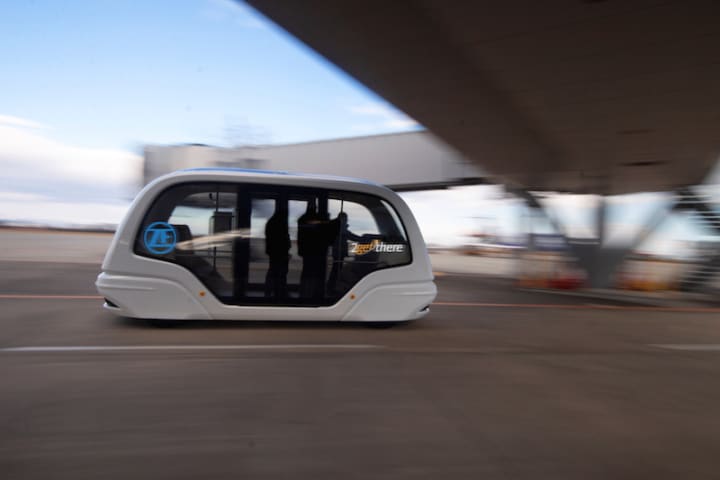
Autonomous vehicles are poised to disrupt the transportation industry and redefine the way we move within cities. By 2030, self-driving cars are expected to become mainstream, reducing traffic congestion, accidents, and carbon emissions. These advancements will synergize with smart city initiatives, where interconnected infrastructure and data-driven technologies will optimize urban living, resource management, and energy efficiency.
9. Brain-Computer Interfaces: Merging Humans and Machines
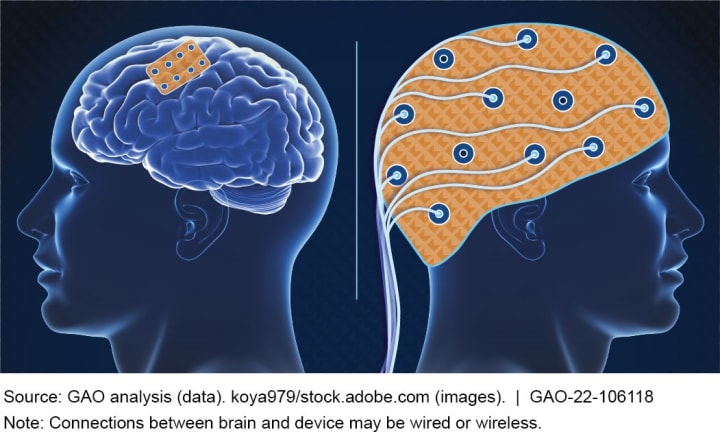
The boundary between humans and machines is set to blur with the emergence of Brain-Computer Interfaces (BCIs). BCIs hold the potential to enable direct communication between the human brain and external devices, revolutionizing healthcare, assistive technologies, and human-machine interactions. In the near future, individuals may control machines with their thoughts, allowing for unprecedented possibilities in restoring mobility to the disabled and enhancing cognitive capabilities.
10. Nanotechnology and Material Science: Engineering at the Atomic Level

Nanotechnology, the manipulation of matter at the atomic and molecular scale, will drive transformative breakthroughs in material science, medicine, and electronics. Materials with extraordinary properties, such as superconductors and self-healing materials, will be engineered, revolutionizing manufacturing and construction industries. Nanomedicine will also see advances in targeted drug delivery and personalized therapies.
Conclusion
The world of 2030 promises to be a culmination of human ingenuity and technological advancement, where the boundaries of imagination meet the frontiers of reality. From the wonders of quantum computing and AI-powered systems to space exploration, renewable energy, and genomic editing, the future is a tapestry woven with remarkable innovations. These ten futuristic
About the Creator
nizam uddin
My name is Nizam Uddin and I am thrilled to be a part of Vocal.com's community of writers. As a passionate technology enthusiast, I am excited to share my insights and opinions on the latest trends and innovations in the world of tech.


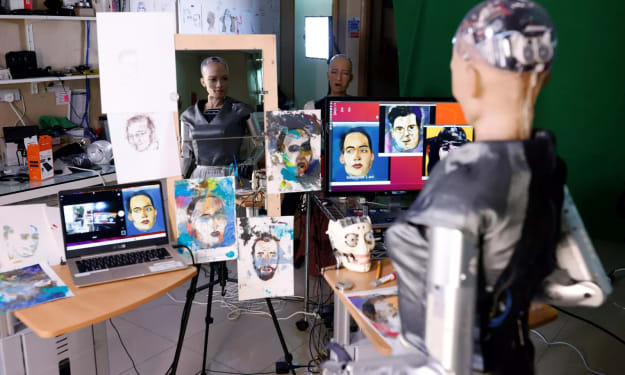



Comments
There are no comments for this story
Be the first to respond and start the conversation.